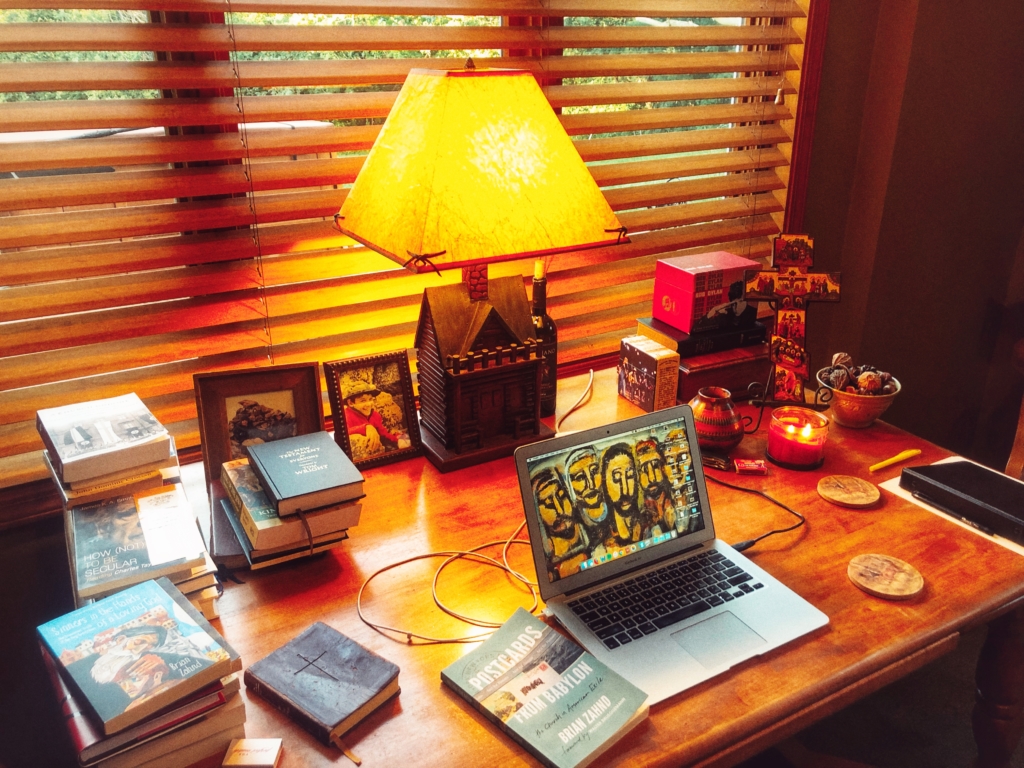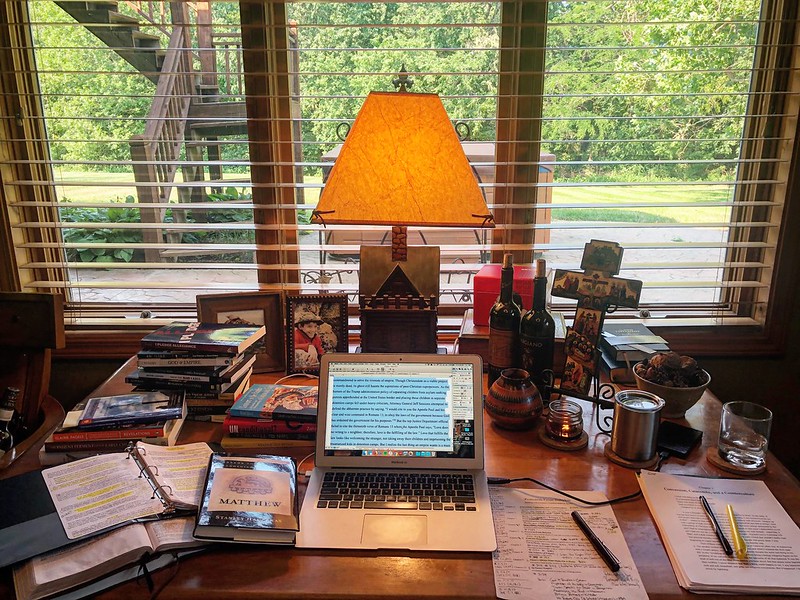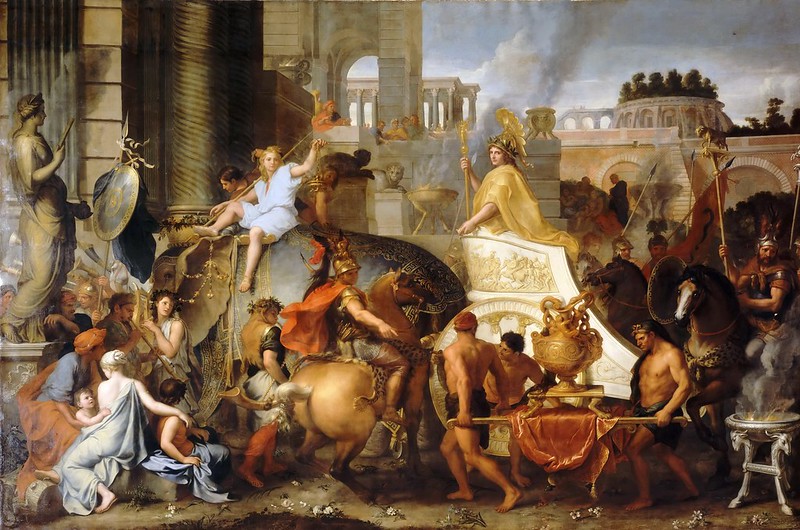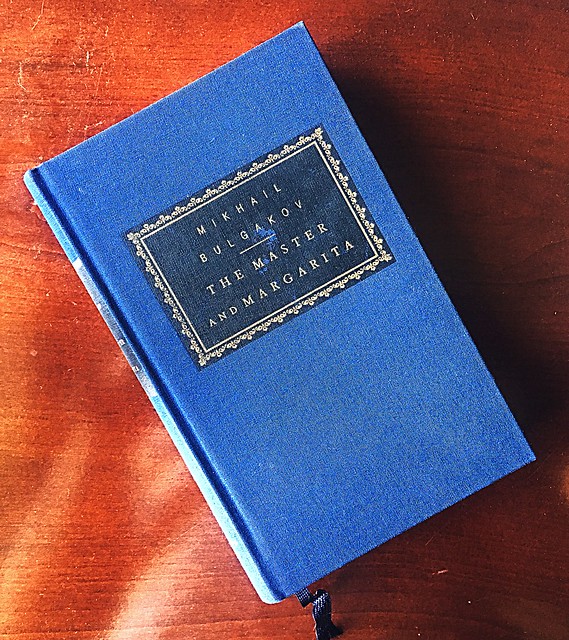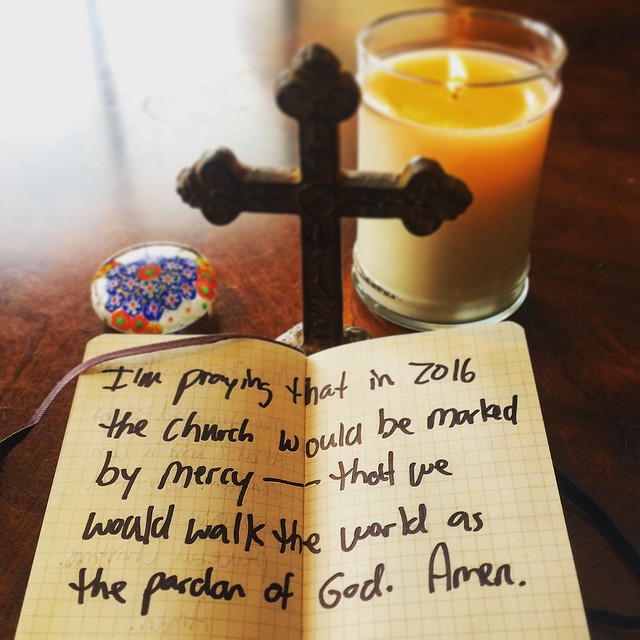Put Not Your Trust in Princes…or Presidents
![]()
Put Not Your Trust in Princes…or Presidents
Brian Zahnd
In my time of prayer this morning I prayed Psalm 146, and it resonated so deeply within me that I would like to share it with you. Please take a moment and acquaint yourself with this ancient Hebrew hymn.
Hallelujah!
Praise the LORD, O my soul!
I will praise the LORD as long as I live;
I will sing praises to my God while I have my being.
Put not your trust in princes, nor in any child of earth,
for there is no help in them.
When they breathe their last, they return to earth,
and in that day their plans perish.
Happy are they who have the God of Jacob for their help!
whose hope is in the LORD their God;
Who made heaven and earth, the seas, and all that is in them;
who keeps his promise for ever;
Who gives justice to those who are oppressed,
and food to those who hunger.
The LORD sets the prisoners free;
the LORD opens the eyes of the blind;
the LORD lifts up those who are bowed down;
The LORD loves the righteous;
the LORD cares for the stranger;
he sustains the orphan and widow,
but frustrates the way of the wicked.
The LORD shall reign forever,
your God, O Zion, throughout all generations.
Hallelujah!
During the final throes of this tumultuous election season the thing that troubles me most as a pastor is the degree to which those who ostensibly confess that Jesus is Lord put their trust in political princes, parties, and presidents. Day after day I hear high-profile Christian leaders announcing with frenzied alarm that the cause of Christ hangs perilously in the balance and can only be saved by a particular election outcome. These religious alarmists speak breathlessly of the need for a politician to “save Christianity” or “protect God.” It’s political hyperbole of the most ludicrous kind. But the ancient psalmist knows better than to fall for that blather. Rather the wise sage says in the song,
Read more
